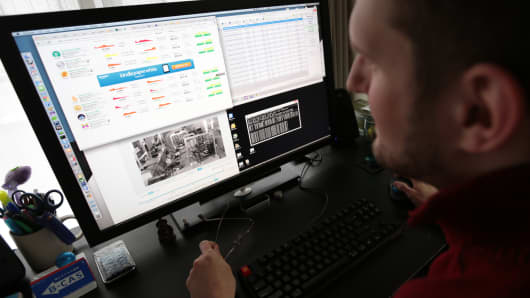Investing has always been a war of information. Whichever traders have access to the highest quality of information are capable of making the most informed investment decisions and therefore have the highest probability of success. That's why before putting money on the line, professional investors spend countless hours digging through SEC filings, creating elaborate earnings models, and talking to every expert on a potential investment opportunity that they can find. Unfortunately though, no matter how many painstaking measures an investor takes to leave no stone unturned, all of his or her hard work can be undermined by corporate insiders acting on or sharing material nonpublic information.
There is no group of people on the planet that have a better incentive to stop insider trading than the other traders who stand to lose because of it.


